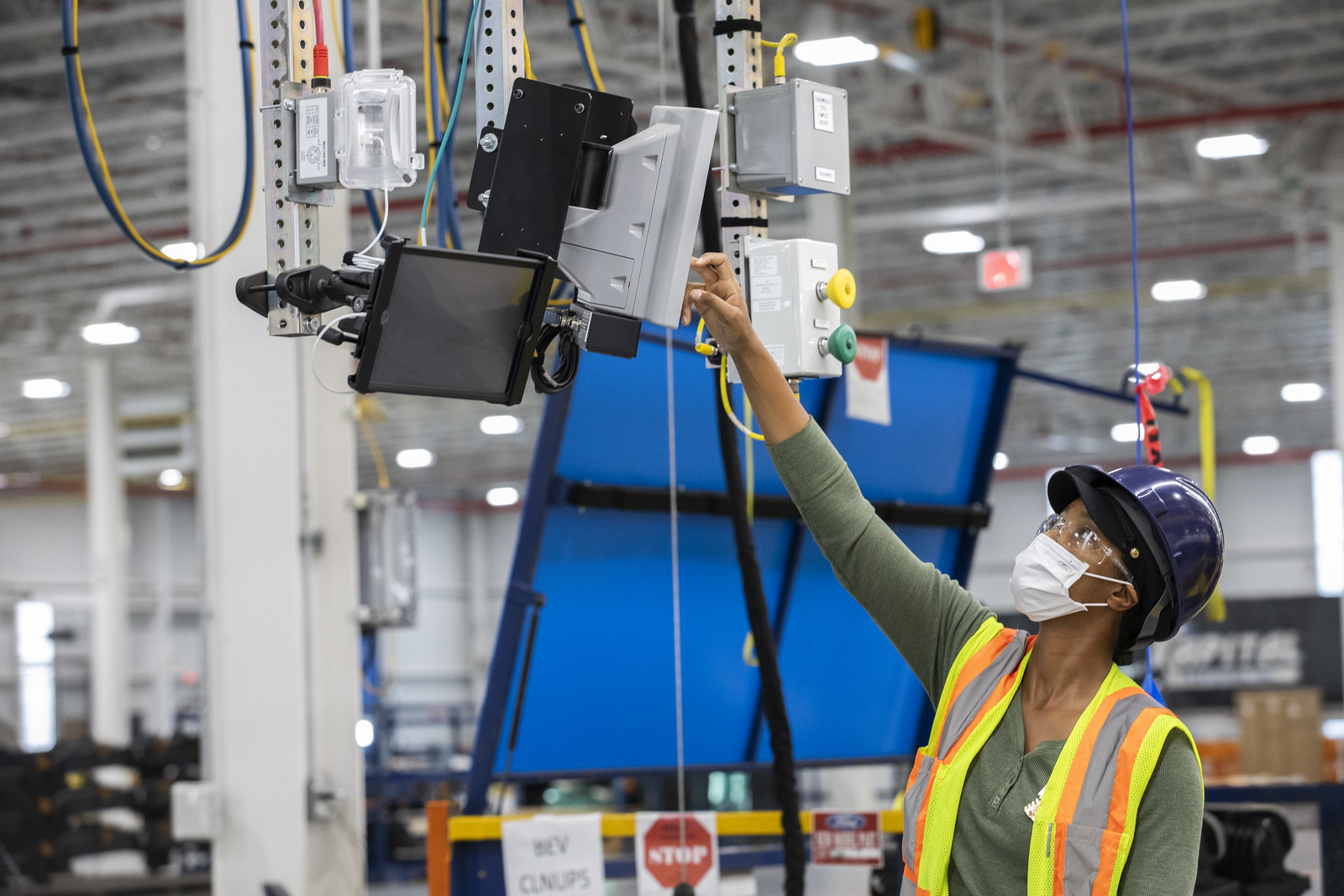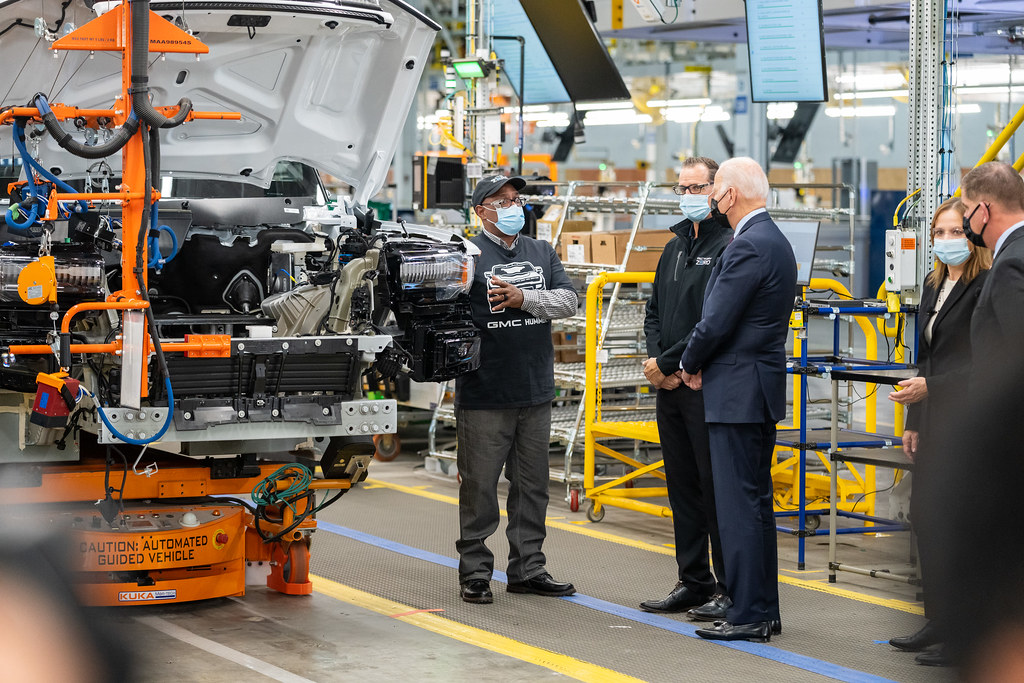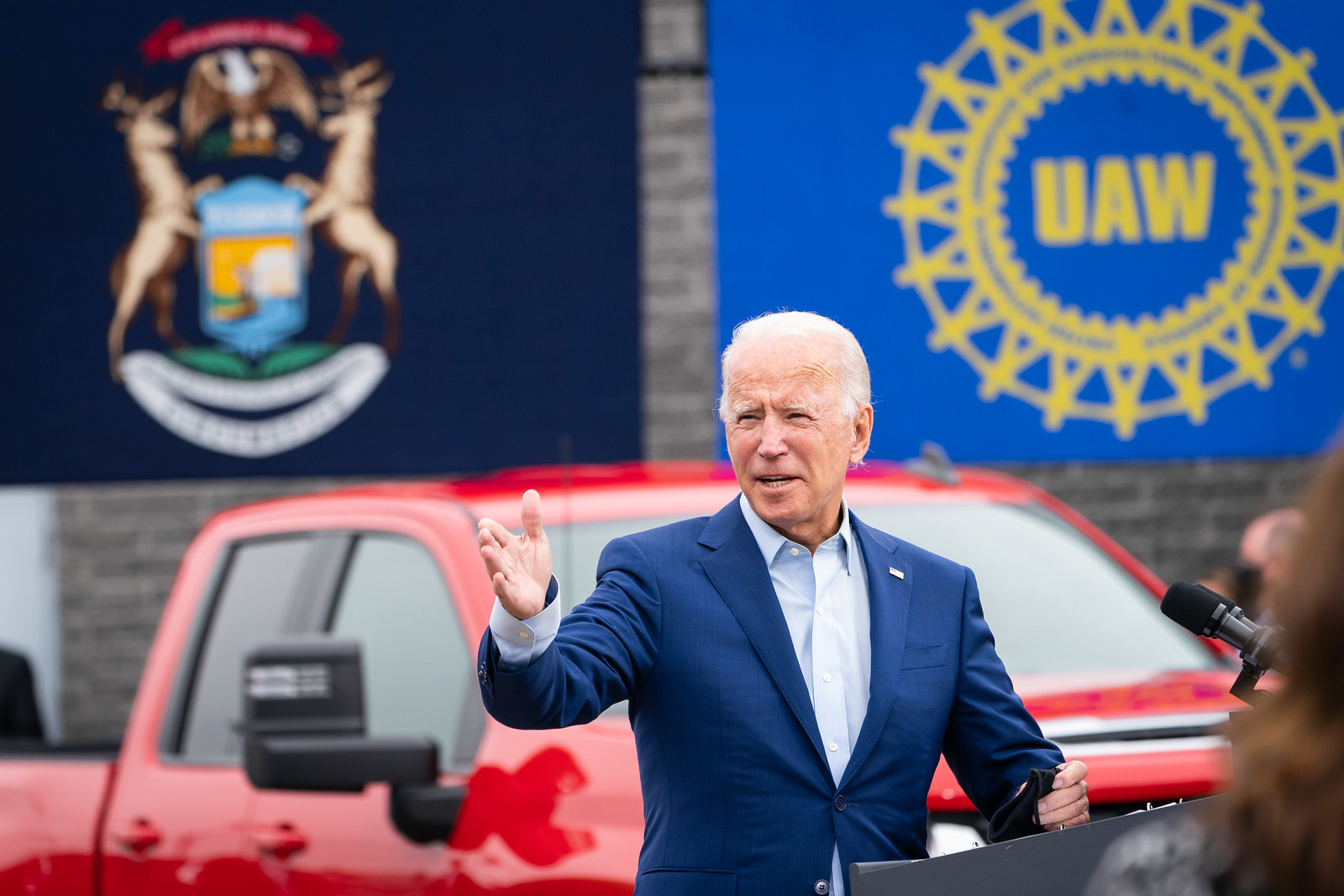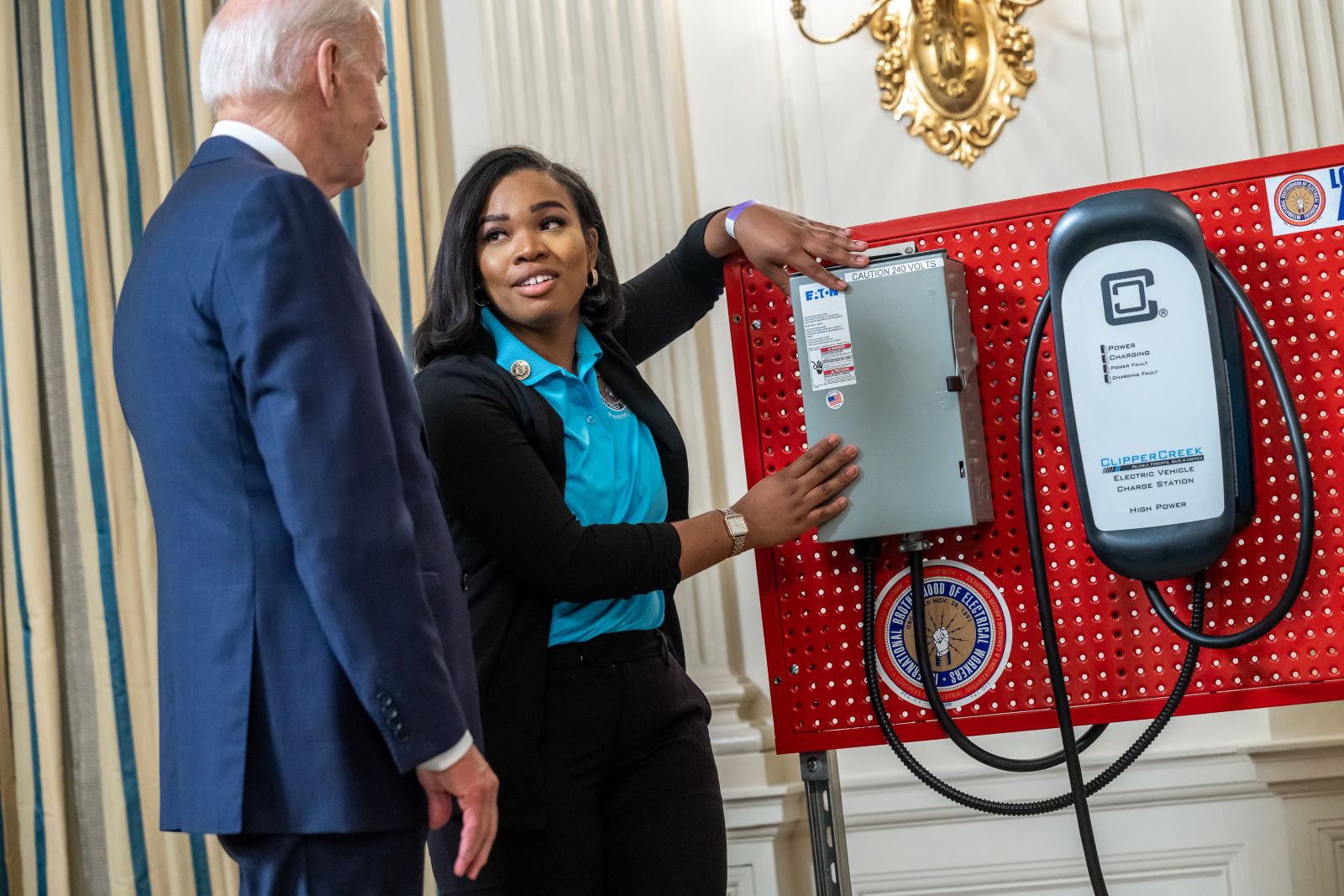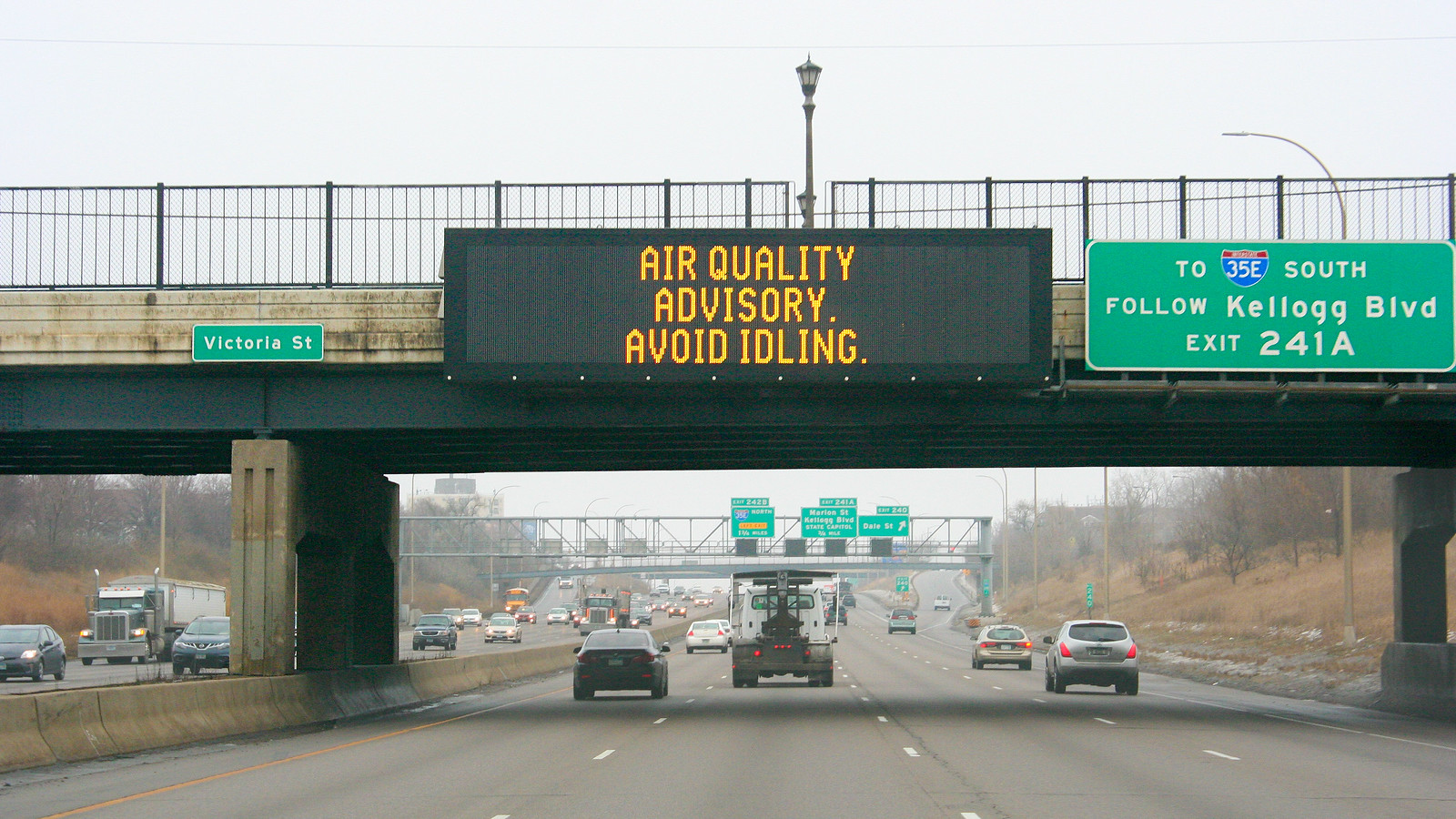President Biden and Climate Advocates Can Fight for Workers
The Biden administration must stand firm in its support for workers in the transition, and climate advocates should engage alongside our union allies to ensure they do. The UAW’s concerns are partly driven by climate policy, and the impact federal climate investments have on workers and their communities. President Biden has a few immediate additional tools at his disposal that he can use to ensure climate funding is advancing justice for working families.
First, the president can reaffirm his support for the PRO Act, a bill that would restore worker protections and pave the way for more robust union organizing efforts. While the White House’s options may be limited in the current Congress, President Biden is beginning to build a second-term agenda and mobilize a 2024 campaign. Passing the PRO Act should be at the top of the priority list for his reelection. He should also seek out other legislative opportunities to add labor and safety standards into IRA programs that don’t currently include incentives for creating good union jobs, and direct additional federal funds to directly support workers in the transition to a clean energy economy.
President Biden can also take executive action now to support workers through the transition. His administration is already tying additional protections to some IRA funding opportunities out of the Department of Energy, in the form of required community benefits plans that include provisions for local workers. A recent funding opportunity announcement for EV manufacturing projects likewise requires applicants to submit a “Job Quality and Just Transition Plan”, and gives higher scores to applicants with collective bargaining agreements and high-quality jobs. The president should direct federal agencies to explore similar opportunities to condition other IRA funding streams on worker and community protections.
The president’s leadership is especially critical in a context where dozens of states have implemented policies to stymie union organizing and collective bargaining. While some states have acted to protect workers’ interests—Governor Gretchen Whitmer notably repealed Michigan’s right-to-work law earlier this year—many others remain hostile environments for workers and unions. Stronger standards on federal funding can help counteract those state-level conditions.
The president can also continue to use his bully pulpit to insist that companies support workers. His recent statement on the UAW negotiations emphasized the need for the Big Three to broadly meet the union’s demands. His speech on the IRA’s first anniversary reiterated that position, calling on auto companies to “honor the right of workers to organize, taking every possible step to avoid painful plant closings. And that when transitions are needed, they are fair and designed to retool, reboot, and rehire.”
The Big Three are responsible for coming to a fair contract that provides for auto workers in the EV transition. The climate movement must stand shoulder-to-shoulder with workers and ensure these companies make good on their obligation. And President Biden can and should also back up the union’s efforts, including through policy changes and political support.
As a matter of justice, politics, and sheer economic efficiency, we must fight for a fair transition. Just a week after Labor Day, we should celebrate the historic gains unions have won for America’s workers and recommit to solidarity between the environmental and labor movements. The struggle continues—as UAW President Shawn Fain put it, the union is waging a “fight for good jobs, for economic justice, for our families and for our communities.” President Biden and climate advocates must join them in that fight.
